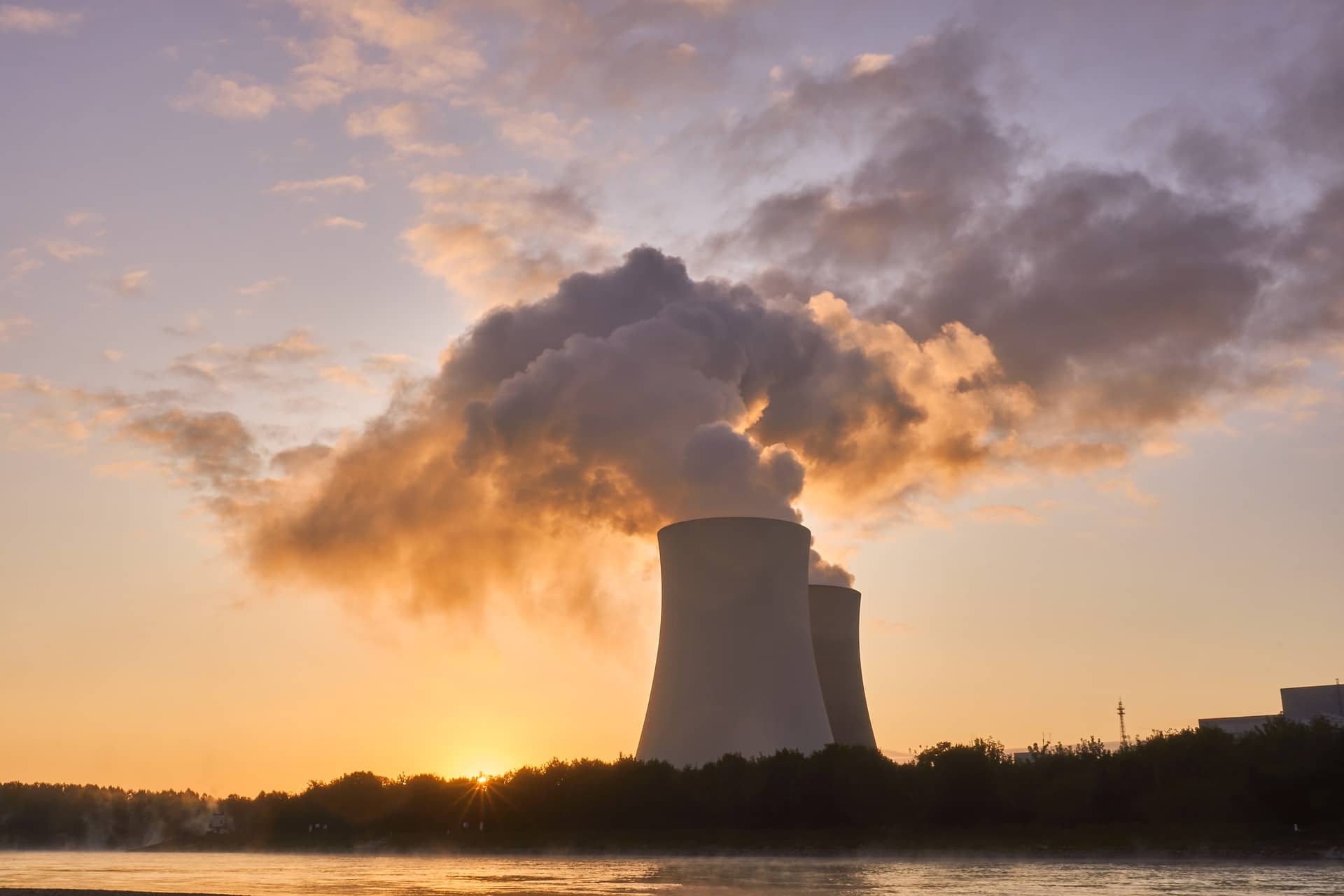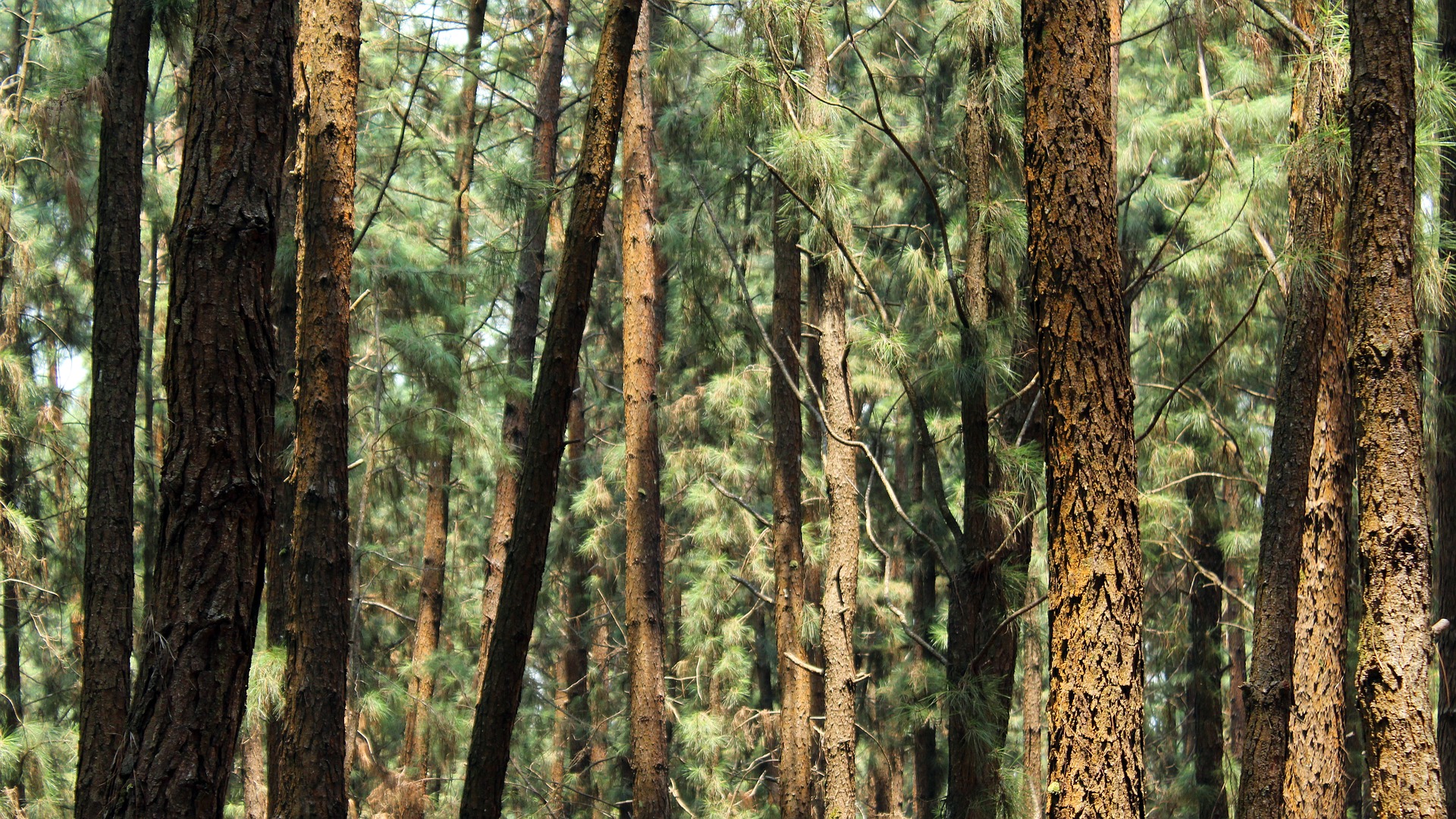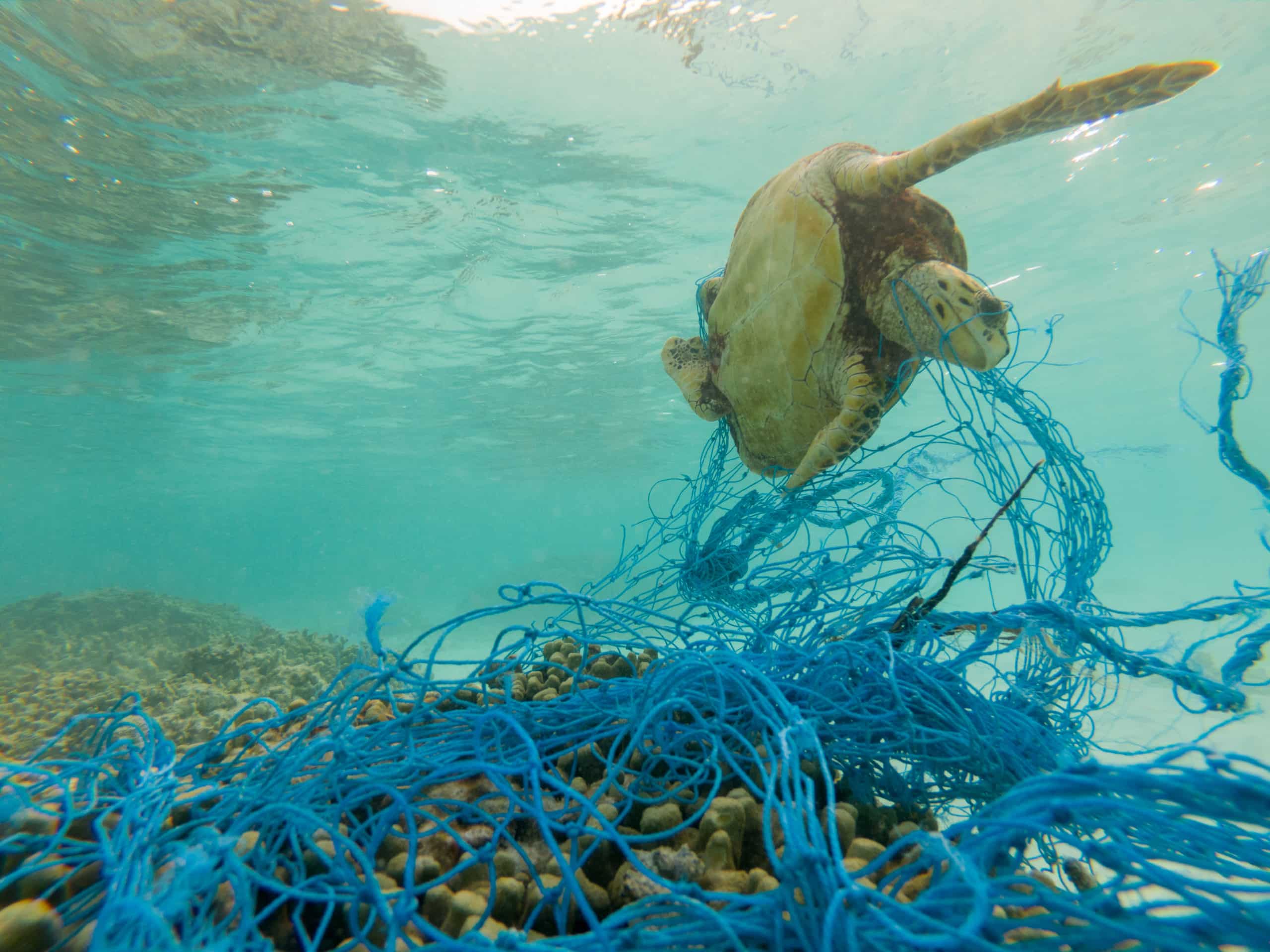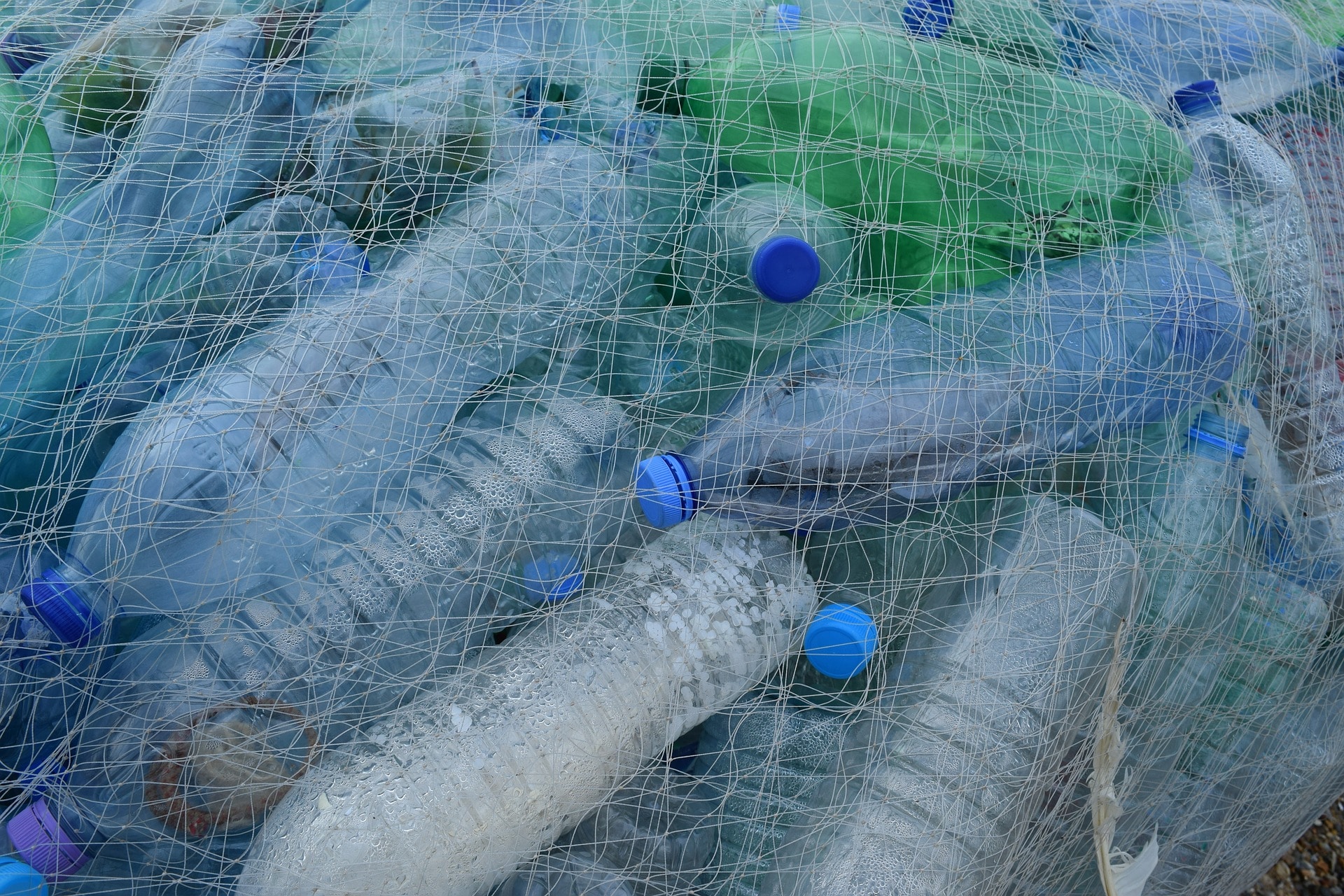
False Climate Solutions
Climate solutions should be clean and just
False Climate Solutions
We are facing a global emergency.
As the climate crisis intensifies, science and justice demand real, renewable solutions that will protect our planet and communities — not false climate solutions that sacrifice frontline communities and ignore mistakes of the past.
Climate solutions should be clean and just. We cannot continue to rely on false solutions like nuclear, biomass, petrochemicals, and net zero.
Technologies
Nuclear
Dirty, dangerous nukes have no role to play in a clean energy future. From start to finish, every segment of the nuclear industry is dangerous to communities and to future generations, from uranium mining to radioactive waste disposal — the most dangerous industrial byproduct in existence.
We are fighting to stop giant nuclear utilities from making electricity more expensive and slowing the deployment of cleaner, cheaper renewables.
Net zero
Big Oil, Big Ag, Wall Street, and many governments call themselves climate leaders after declaring pledges of “net-zero-by-2050” — a practice that is premised on unjust, inequitable, and unscientific processes and assumptions.
Claiming net-zero allows polluting corporations, and their financial backers, to greenwash their operations. This practice simply lets corporations pay to pollute — all while perpetuating environmental racism and undermining communities and food systems.
As the largest historical carbon polluter, the US must actually decarbonize by cutting greenhouse gas emissions — and we must do so much sooner than 2050.
Biomass
Factory farmed methane gas and woody biomass are false climate solutions that risk locking us into decades of dirty energy rather than move into renewable and regenerative sources. These technologies perpetuate environmental injustices and harm rural communities. We are fighting to replace these false solutions and focus on transition to renewable energy sources that lead to a just transition.
Petrochemical
For the last decade, the growth of fracked natural gas in the United States has fueled a boom in petrochemical production, with industry on track to expand global production by 40 percent. If unabated, this plastics build-out will worsen climate change, harm the health of communities living next to plastics plants, and add to the expanding global problem of plastic pollution.
Friends of the Earth works to end the unsustainable production of plastics in the U.S. through policy advocacy, corporate campaigns and by supporting fenceline communities in holding plastic producers accountable for their health and environmental impacts.
Media
Resources
End Fossil Fuel Subsidies
Annual federal subsidies to the fossil fuel industry total $15 billion dollars/year.
This money is keeping the fossil fuel industry alive. It’s propping up polluters as they poison communities, harm the environment, and drive us closer to climate chaos.
Learn how we’re fighting to hold those driving our climate crisis accountable.
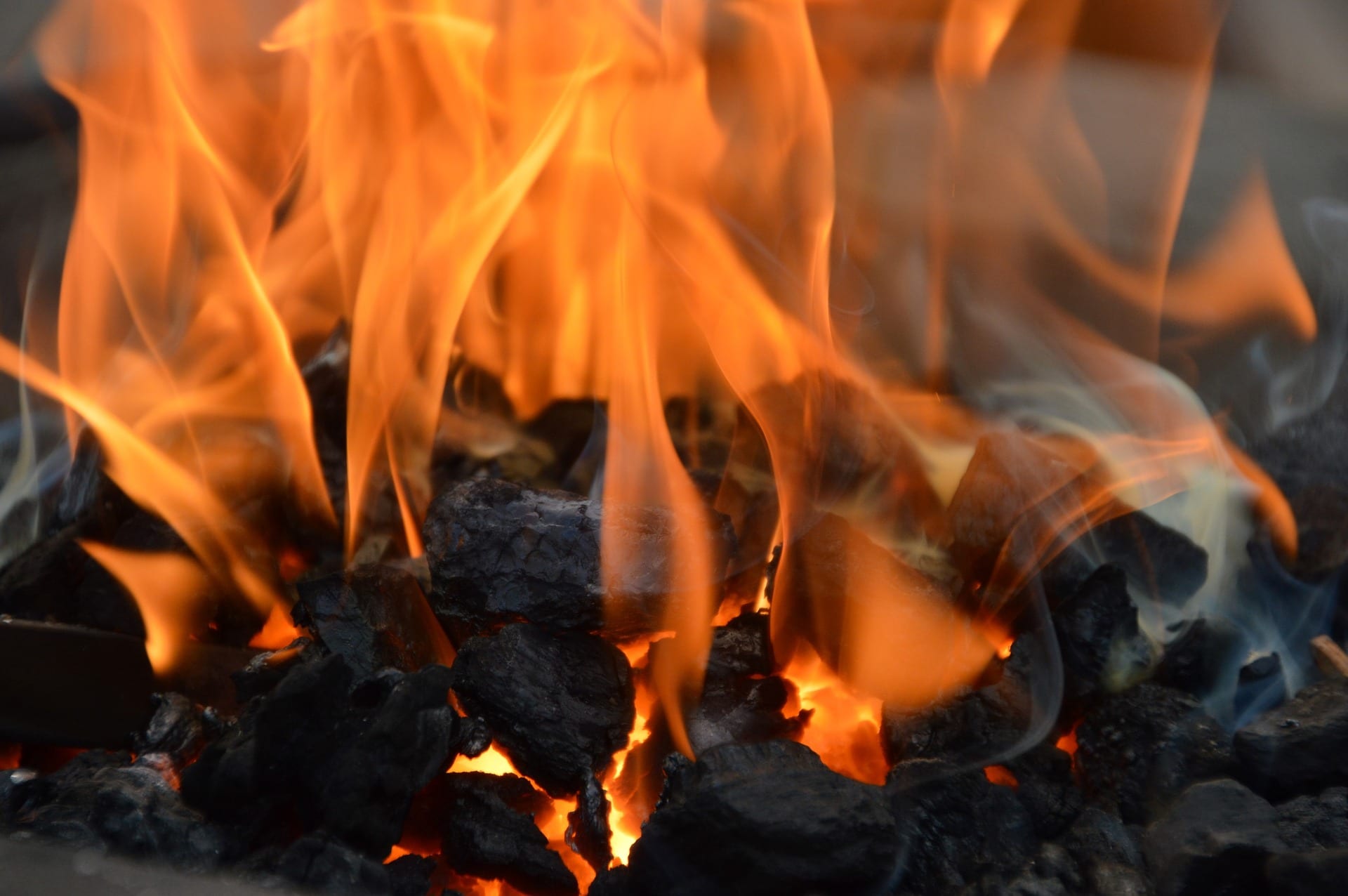
Ways to Support Our Work

Read Latest News
Stay informed and inspired. Read our latest press releases to see how we’re making a difference for the planet.

See Our Impact
See the real wins your support made possible. Read about the campaign wins we’ve fought for and won together.

Donate Today
Help power change. It takes support from environmental champions like you to build a more healthy and just world.
